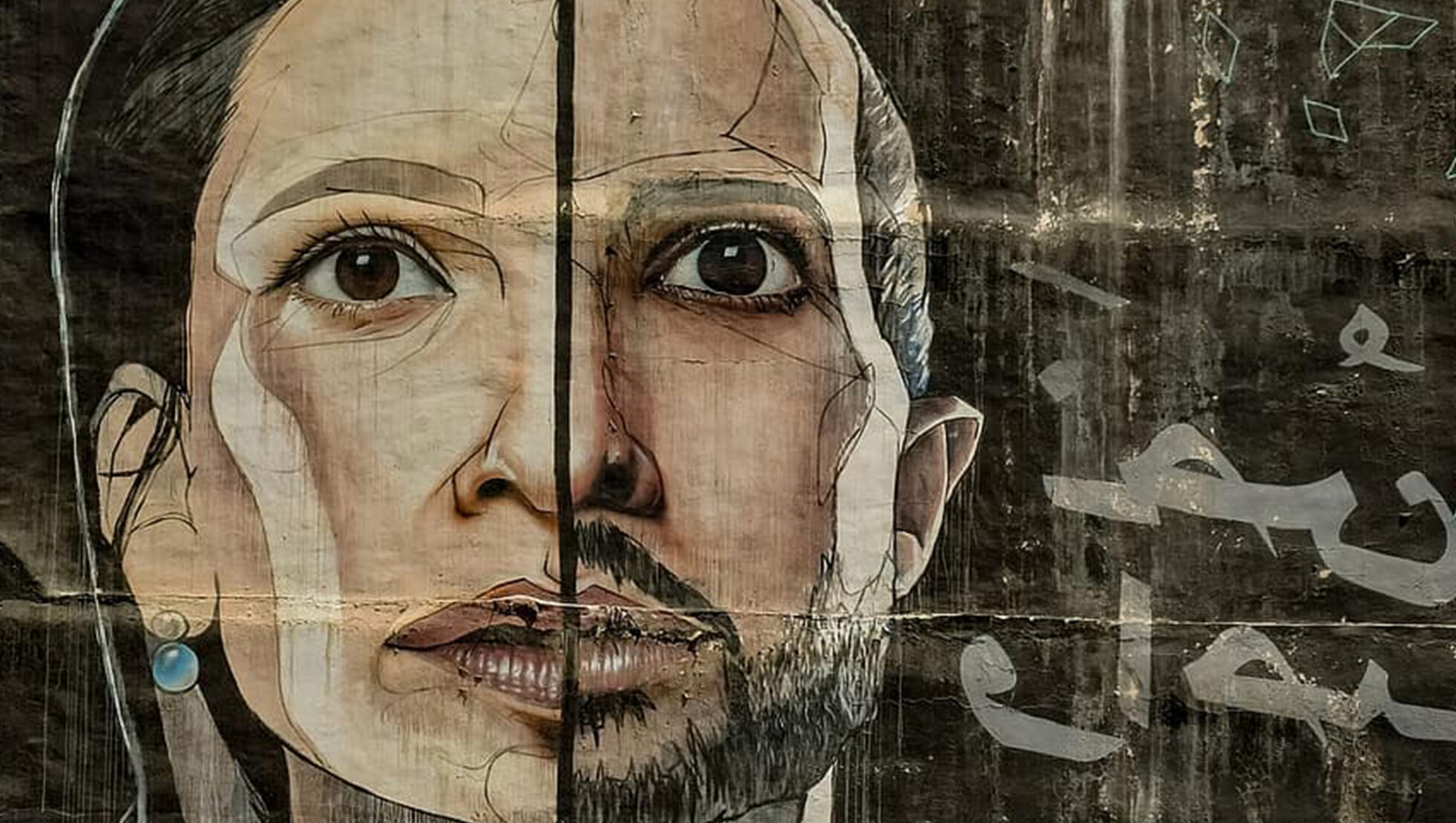Although 25 years have passed since the World Conference on Women was held in Beijing, violence against women worldwide is still at alarming levels. Even in Switzerland, violence inflicted on people due to their gender – or the gender that has been assigned to them – is still commonplace and has become part of their normal experience. This is even though efforts by the Swiss government against violence have been stepped up in some areas and progress has been made in raising awareness and eliminating taboos. Yet it is precisely this greater awareness of violence and the associated injustice – along with better knowledge of services available and ways of dealing with violence – that can lead to the actual extent of violence being exposed. Since there are no prevalence studies in Switzerland to date, it has not yet been possible to quantify this extent. However, that is now set to change, as Switzerland has committed to this. After all, in addition to the Beijing Platform for Action and the UN Women’s Rights Convention, the Istanbul Convention has been in force in Switzerland since 2018. With this convention on preventing and combating violence against women and domestic violence, Switzerland has undertaken to implement comprehensive and very specific measures against violence. The convention is also an instrument for ensuring the equality of all genders since a world without violence cannot exist if there is no gender equality. Therefore, gender equality work always includes the prevention of violence. In addition to state recognition and a practical commitment to this intrinsically feminist analysis, the convention offers two more huge areas of potential: its holistic approach and its commitment to inclusive and non-discriminatory implementation.
The holistic approach requires comprehensive measures ranging from prevention – e.g. in the form of anti-sexist work against gender stereotypes – to counseling, support, protection, law enforcement, and coordinated response. In particular, this strengthens the work being done on addressing the root causes of violence, i.e. prevention, and is intended to avoid a unilateral approach such as relying solely on the prosecution. The intersectional perspective in turn increases awareness of the different realities and needs of those affected by violence, and the fact that the measures and services offered need to be correspondingly diverse and victim-focused. For example, prevention campaigns also need to cover LGBTIQ+ perspectives, refugees need to have equal access to specialized support, and women’s shelters need funding to ensure they are accessible to people with disabilities too. The regular prevalence studies mentioned above also need to include specific and precise data on issues such as sexual orientation, gender identity and expression, disability, and residence status to comply with the Istanbul Convention. This inclusive and non-discriminatory implementation is probably the biggest challenge – at the same time, however, the key question is this: how seriously is Switzerland taking the fight against violence? Only when all those affected by violence are protected and supported, and gender equality is guaranteed, can a just and peaceful society be achieved.


